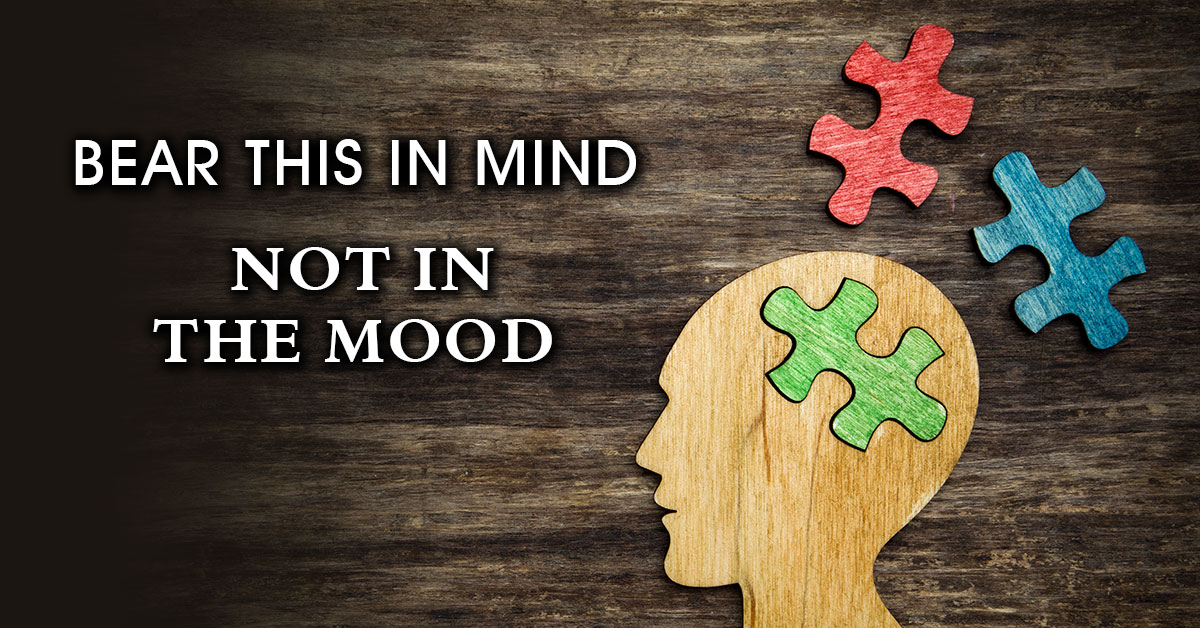Hormone Disruptors – ASSULT WITH A DEADLY TOXIN

COME OUT, COME OUT, WHEREVER YOU ARE
In case you weren’t sure, your endocrine system is constantly churning out hormones that control everything from your heart rate, to your metabolism, mood, sex drive, appetite, and more. Think of hormones as the body’s chemical messengers which allow your organs to communicate with one another and keep your system humming. But much of the time, bumming is more like it. We’re incessantly and cruelly bombarded with hormone disruptors, whose entire mission in life is to make us miserable. Laughingly mimicking our real hormones, tricking the body into thinking they’re the real thing. Oh, and the tricks they love to play…nasty. Like promoting premature cell death. (Couldn’t you just die?)
All-powerful, they’re everywhere.
That water bottle you just drank from? Yup.
The carpet you just sat on? Ditto.
The shampoo you just used? Without question.
The fish you just ate? They love it.
THE DIRTIEST DOZEN
These insidious interlopers aren’t just ruthlessly hazardous, even their names don’t exactly roll off the tongue. Get out your fingers and a couple toes, and let’s start counting:
- BPA – Chemical used in plastic (93% of Americans have it in their body. Good chance you.)
- Dioxin – Industrial toxin
- Atrazine – Herbicide
- Phthalates – Another plastic baddie
- Perchlorate – Rocket fuel anyone? 4th of July fireworks?
- Fire retardants – Stops fires, fries cells
- Lead – Worse than the worst heavy metal music
- Arsenic – Toxins lurking in your food and water (not just a way people slowly killed each other hundreds of years ago)
- Mercury – Naturally dangerous
- Perfluorinated chemicals (PFCs) – Non-stick cookware cooks up nightmares (99% have accumulation in bodies. Without question, most likely you.)
- Organophosphate pesticides – Target the nervous system of insects, and your brain, should you get bitten
- Glycol Ethers – What paint, Windex, brake fluid and anti-wrinkle creams have in common. (No kidding.)
LOCKED AND LOADED
Disruptors aren’t just insidious and unpredictable, they are carcinogenic. And the results, aren’t pretty. Hope you’re sitting down, because here are just a few staggeringly treacherous things they are linked to:
- Infertility in men-low sperm count
- Slow brain development in children
- Obesity
- Diabetes
- Depression
- Heart disease
- Reproductive problems
- Brain damage
- Hearing loss
- Kidney damage
- Increased blood pressure
- Lower IQ
- Immune system suppression
- Even breast cancer
CLEAN UP YOUR ACT
Take a long, deep calming breath. There are some relatively simple things you can do to put some brakes on the damage:
- Go fresh instead of canned (organic if you can get it or put some wiggle room in your food budget).
- Eat fewer animal products (meat, fish, milk, eggs, butter).
- Use less fossil fuel- carpool, take transit, walk, or cycle.
- Filter your tap water.
- If it’s plastic, avoid it like the plague.
- Read the labels (Although they can really hide under seemingly harmless names).
- Wash your hands. A lot.
- Dust and vacuum. Often.
- Clean smarter. (Cleaning supplies are notorious for disrupters.)
- Keep it fresh inside the house-open windows, empty stinky trash cans, even keeping an open box of baking soda in the fridge can help.
ATTACK BACK
If you really want to put on the gloves and defend your body’s health, you should think about correcting the hormone imbalances disruptors cause. Fortunately, there is someone on your side in the Denver area: Denver Hormone Health. With a few simple tests, (that simple, no kidding), one of their experienced doctors in the field can get a clear read on what’s going on with your hormones. That allows them to create a unique treatment plan (no one-size-fits-all solutions here), to help get your hormones back in balance and put your life back on track.
So call for an appointment now.
Denver Hormone Health knows how to fight the good fight. And they’re here to do it for you.

